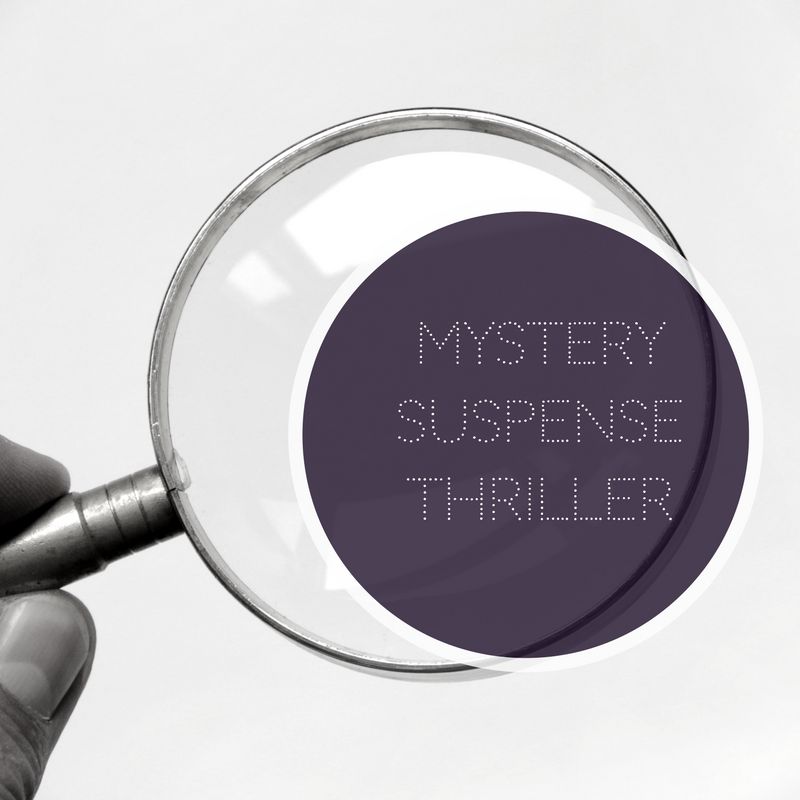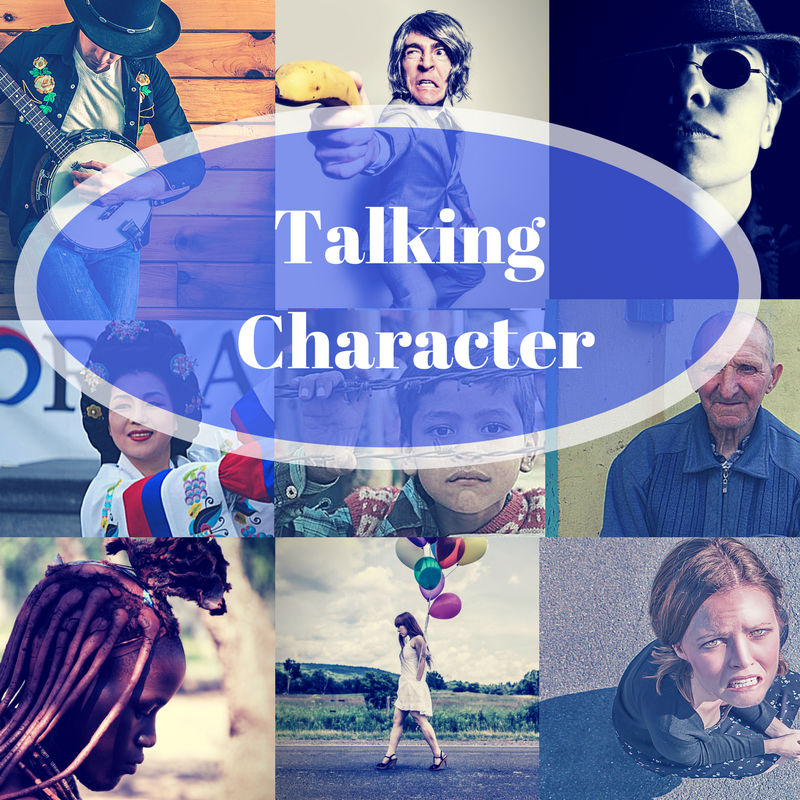
A3 Contributor Book Release, The Intentional Writer
Three Lessons from Writing My Second Novel
I’m excited to share my new release, Fountains and Secrets, with my Almost an Author family, along with a…
January 24, 2022
I’m excited to share my new release, Fountains and Secrets, with my Almost an Author family, along with a…
January 24, 2022
Oh, the work you put into developing your sleuth, your investigator, your detective! Whether old or young, tall, or…
August 17, 2021
Why do we love a good series? Because we love the characters and the kinds of situations they get…
March 20, 2018